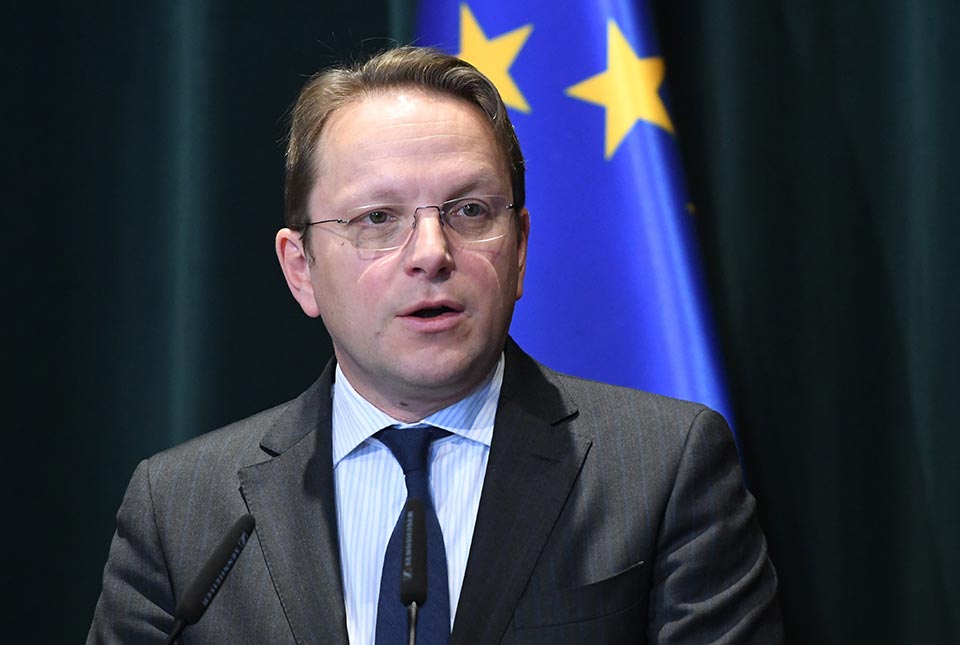EU Commissioner for Neighbourhood and Enlargement: New geopolitical situation accelerates EU enlargement
“You have seen that enlargement is back on the highest political agenda of Europe, which is a very important signal. To me, this is the signal that enlargement will take place soon. In just one year, we have welcomed new candidate countries, three, to be exact – Ukraine, Moldova and Bosnia and Herzegovina. The European Union provided the European perspective for one more country – to Georgia – who can become a candidate country based on the conditions put forward by the European Council, ” said Olivér Várhelyi, EU Commissioner for Neighbourhood and Enlargement at the second East Med and Southeast Europe Conference (Delphi Economic Forum).
According to the EU Commissioner, the acceleration of the enlargement process begins with integration.
“We have also opened the long-awaited accession negotiations with Albania and North Macedonia. Kosovo has obtained finally visa liberalisation and it has also applied to become a member of the European Union. For Turkey, we have seen that following the elections of May, the European Council tasked immediately the Commission to prepare a report about our renewed engagement in the EU-Turkey relations in a strategic and forward-looking manner.
So, we have come a long way only in this year and last year, but my hope – and maybe slowly it becomes a prediction – is that this year is going to be a landmark year in the enlargement of the European Union.
Because the new geopolitical situation gives a boost to the enlargement process in general, I think we can all agree on that. And the EU leaders have very clearly confirmed the EU membership perspective for the Western Balkans and called for the acceleration of the enlargement process,” he said.
In the words of Olivér Várhelyi, enlargement is a geopolitical project for Europe.
“It is a geopolitical project for the region. But enlargement is more than just an institutional process. Enlargement is also about integration. And in that integration, we should also talk about the real integration, meaning, the integration of the societies, of the economies, of the countries with members of the European Union. And this is why in our thinking – and here I will try to give you a flavour of what to expect from us – we want to respond to the question how to accelerate enlargement.
And we are convinced that the acceleration of enlargement starts with the acceleration of integration. Because economic convergence is at the heart of the EU membership benefits, and we are conscious that the region needs enhanced access to the key drivers of the economic growth.
Because it is not enough to wait for the candidate countries or the aspiring EU members to move closer to the EU – we are taking responsibility for bringing them in,” he said.

